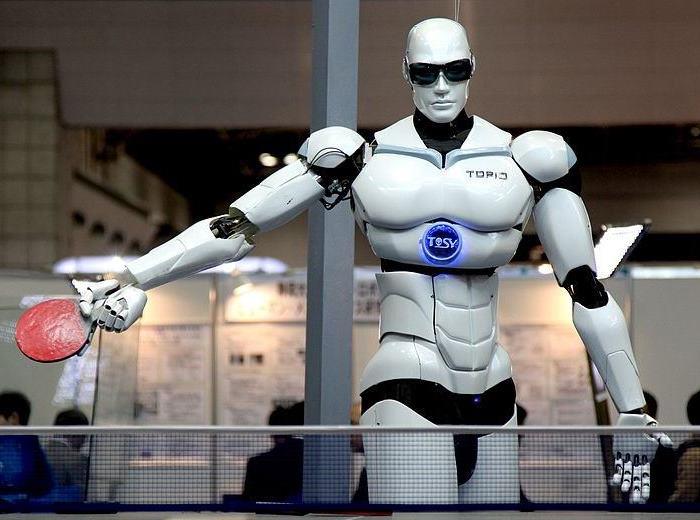
Jobs that require abstract thinking, people engagement and soft skills are less likely to be automated, according to new LSE research. In comparison, occupations that involve physicality and muscle, or those that can be codified or delivered online, are more likely to be replaced by machines.
Researchers say low-skilled manual jobs are going to continue to be hollowed out over the next decade with machine operators, construction labours and loaders being replaced by machines. These are the jobs that are high in ‘muscle’ requirements.
White-collar jobs, like accountants and training specialists, which have large volumes of tasks that can be codified or be delivered online will also diminish. However, within this category, those that provide bespoke or executive services will remain. In essence, if there is value to engaging with humans or a tricky problem to address, these jobs will survive.
Researchers say that managers of all types, such as CEOs and health and education executives, have nothing to worry about. Nor do carpenters or electricians - the trade jobs that marry creativity with physical labour.
Cecily Josten and Dr Grace Lordan, of The Inclusion Initiative at LSE’s Department of Psychological and Behavioural Science, mapped an indicator of how automatable any occupation is to data from the European Labour Force Survey (EU LFS) which contains labour market data from across European Union member states and the UK.
Cecily Josten said: “Identifying which skills, abilities and activities will be demanded is key not only for us as individuals but also for policymakers and companies interested to hire and train the workforce of the future. As the returns to education in, for example, social or digital skills, are increasing, it will become relevant to know what type of training and education is needed.”
The authors’ analysis reveals that jobs that are high on ‘brains,’ implying they involve abstract thinking, are far less likely to be automated. The authors also find that combining ‘heart’ with ‘brains’ will future proof your job further. ‘Heart’ relates to jobs that involve soft skills and are high on people engagement.
The authors also found that automatability not only varies within occupations but also across countries. This is because, regardless of whether innovation is feasible, it does not automatically equate with whether it is implemented in a country for practical or ethical reasons. In other words, some governments seem to be doing more to protect jobs from automation compared to others.
Dr Lordan said: “The future of work will have winners and losers. I would avoid accounting, unless you plan advanced studies, and choose STEM or economics. I would avoid becoming a brick layer and choose a specialist trade.We also need the government to do more to allow people engage in these advanced qualifications who cannot afford them, so they are not left behind. The money must come from somewhere, so we need to look at better capturing the rents from the technologies that are causing jobs to disappear.”
Automation and the changing nature of work is published in PLOS ONE journal: https://journals.plos.org/plosone/article?id=10.1371/journal.pone.0266326